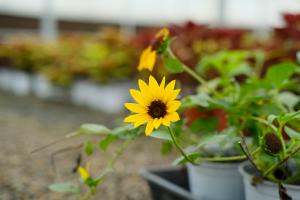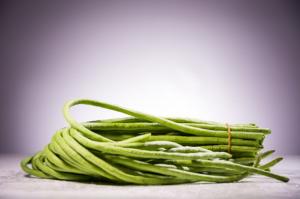Is Aspirin Good for Indoor Plants?
If you have indoor plants, you may have heard of using aspirin to enhance growth and overall plant health. But does this common household medication really work on plants? Let's explore the potential benefits and drawbacks.
The Potential Benefits of Aspirin for Indoor Plants
Aspirin contains salicylic acid, which is a natural plant hormone that can promote growth and strengthen the plant's immune system. When aspirin is dissolved in water and applied to the soil or sprayed directly on the plant's leaves, the salicylic acid is absorbed by the roots or leaves and can have a positive impact on the plant.
Some potential benefits of using aspirin on indoor plants include:
Improved root growth
Increased resistance to pests and diseases
Better tolerance for environmental stress
Enhanced nutrient uptake
Higher yields or better quality flowers/fruit
The Drawbacks of Using Aspirin for Indoor Plants
While aspirin can have positive effects on indoor plants, there are also potential drawbacks to consider. These include:
Possible toxicity to the plant if too much aspirin is used
Possible harm to beneficial soil microbes
Possible harm to certain plant species that are more sensitive to salicylic acid
It's also worth noting that the scientific studies on the efficacy of aspirin for plants are limited and mixed. Some studies have found positive effects, while others have found no significant impact or even negative effects on plant growth.
How to Use Aspirin on Indoor Plants
If you decide to try using aspirin on your indoor plants, here are some basic steps to follow:
Choose a low-dose aspirin tablet or crush a standard dose tablet into a fine powder.
Dissolve the powder in water, following package instructions for dosing.
Apply the solution to the soil around the plant or spray it directly on the plant's leaves.
Monitor the plant's progress carefully and adjust the dosage if necessary.
Conclusion
In summary, aspirin can potentially have positive effects on indoor plants, but there are also drawbacks and limited scientific evidence to support its use. If you decide to try using aspirin on your plants, proceed with caution and monitor the results closely. As with any plant care technique, it's always best to do your research and consult with a knowledgeable professional if you have any concerns.

 how many times do yo...
how many times do yo... how many planted tre...
how many planted tre... how many pine trees ...
how many pine trees ... how many pecan trees...
how many pecan trees... how many plants comp...
how many plants comp... how many plants can ...
how many plants can ... how many plants and ...
how many plants and ... how many pepper plan...
how many pepper plan...































